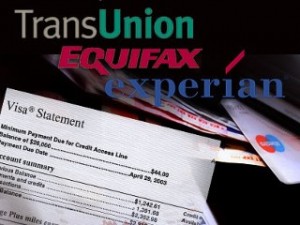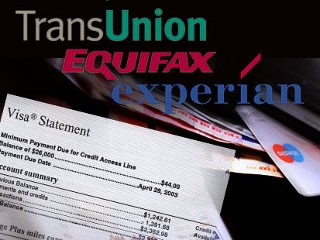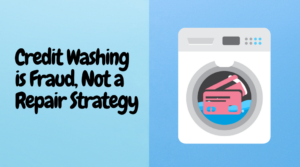 Question: I sent to Experian the letter, stating that charged off amount reported along with past due amount. In a very short time they sent me “updated” information that actually did not correct the wrong reporting.
Question: I sent to Experian the letter, stating that charged off amount reported along with past due amount. In a very short time they sent me “updated” information that actually did not correct the wrong reporting.
They completely ignored my request to do that and did not remove the incorrect trade line. What is your advice to do next in this situation? Thank you, Gregory.
Answer: Welcome to the world of credit repair. Some negative items don’t get removed just because you request it. Sometimes it takes several dispute attempts, other strategies and even lawsuits. And, guess what? The item still may not be removed.
I suggest you read “How to dispute a charge-off” if you have not already read it. The advice given on the website is simply strategies you can try. There are no guarantees that the strategies will work every time.
The reason I always advise consumers to request deletions is that you don’t want negative information updated to more negative information; however, there is no guarantee the credit bureaus will delete an item just because you request it.
It always helps if you familiarize yourself with the Fair Credit Reporting Act (FRCA). That way, when you engage in credit repair and dispute negative information, if the dispute comes back verified as accurate you will know further steps you can take.
For instance, if you dispute a charge off based upon an inaccurate or incorrect amount and it comes back verified as accurate, Section 611 of FRCA says you can request the method of verification. Requesting the method of verification gives you the opportunity to get the name and address of the person who verified the information as accurate.
Most credit disputes are never really investigated as required by the FRCA yet they update information as being accurate. At this point you want to keep a paper trail of your efforts in case you have to file a lawsuit for resolution.
Even when consumers send supporting documentation, rarely, is it considered. But knowing the rules of the FRCA helps consumers fight for their rights and gives consumers violations upon which they can sue the credit bureaus for reporting inaccurate information.
At this point you still have several options:
1. Re-dispute the charge-off. If you re-dispute the listing make sure you change the reason for the dispute in order for the credit bureaus to have something new to investigate. If you do not change the reason for the dispute the credit bureaus can legally label the dispute as “frivolous” and if that happens they do not have to investigate the dispute.
2. Dispute Directly with Original Creditor. Read “The 623 Method of Direct Disputes”. You may get your desired results going this route. It never hurts to try as many strategies as possible. Section 623 of the FRCA says you can dispute directly with the furnisher of information.
The furnisher of information (original creditor) will have to conduct an investigation, within 30 days, just like the credit bureaus, and if they fail to complete the investigation within that timeframe, they will have to remove the negative information. If they verify the information as accurate ask them for the proof they used to verify the listing.
3. Make a complaint with the Federal Trade Commission. Once you have disputed, re-disputed with the credit bureaus; and, disputed directly with the furnisher of information (original creditor), under Section 611 of the FRCA you can make complaints with the FTC .
You will have to read Section 611 of the FRCA thoroughly to understand how you can make a specific complaint against the credit bureaus for failure to re-investigate an inaccurate item. Once you file a complaint with the FTC regarding specific violations by the credit bureaus for reporting inaccurate information, the FTC will forward the complaint to the credit bureaus.
While the FTC does not directly resolve complaints, it does force the credit bureaus to re-investigate your dispute. Credit bureaus will not ignore the FTC.
Finally, a credit repair law firm, such as Lexington Law, may be able to help you. I really like Lexington Law because they can show verifiable results and have been around for over 20 years.
Consumers who do not have the time to engage in credit repair can benefit from their credit repair program because credit repair often depends on a thorough and complete understanding of the Fair Credit Reporting Act. Lexington Law has that knowledge.


















